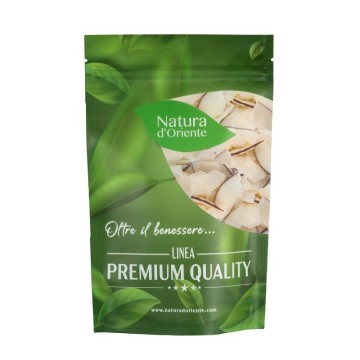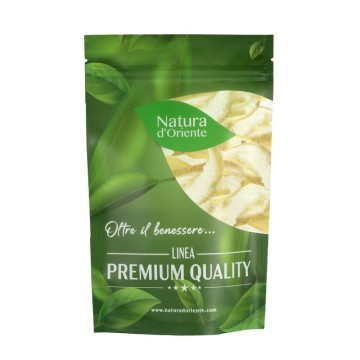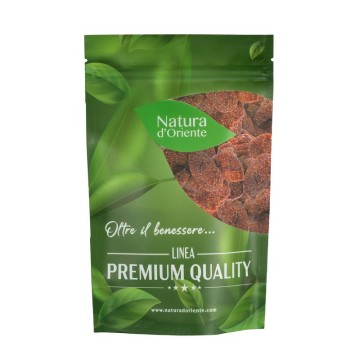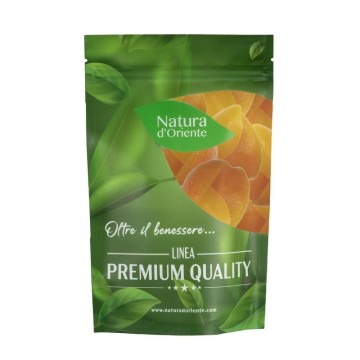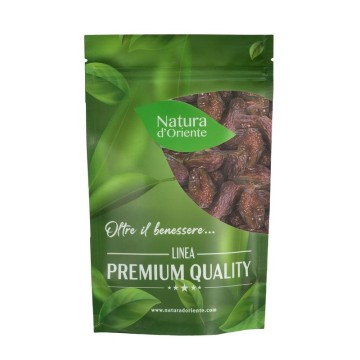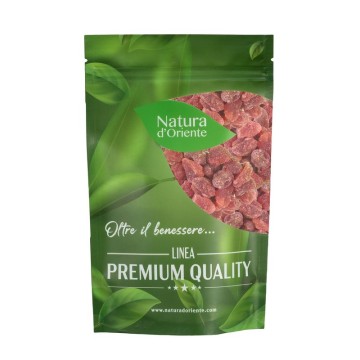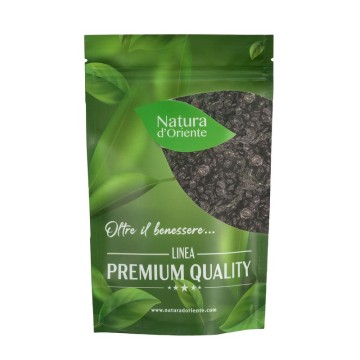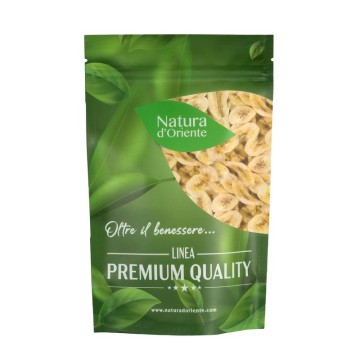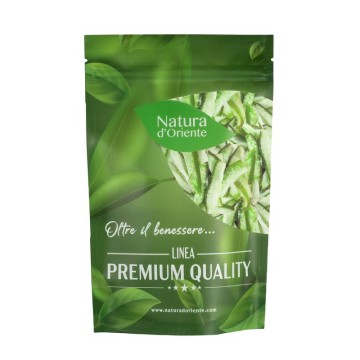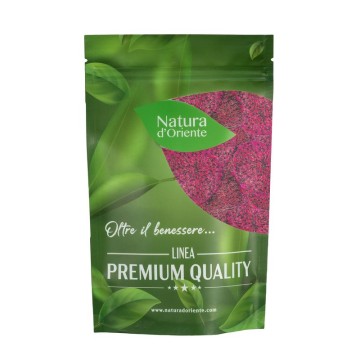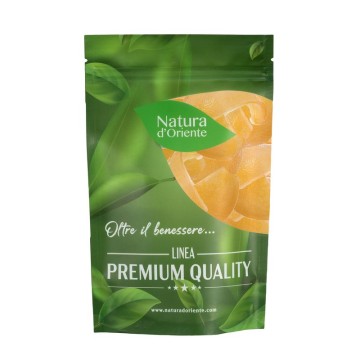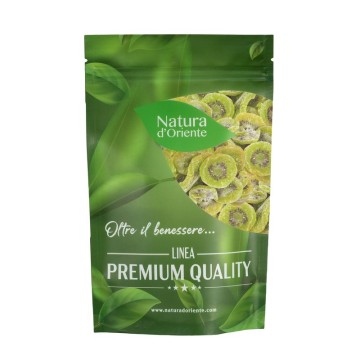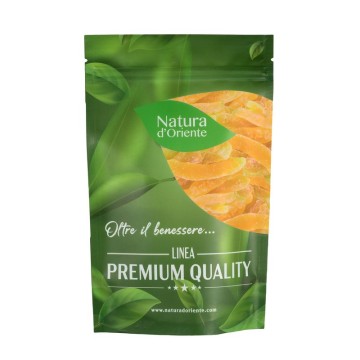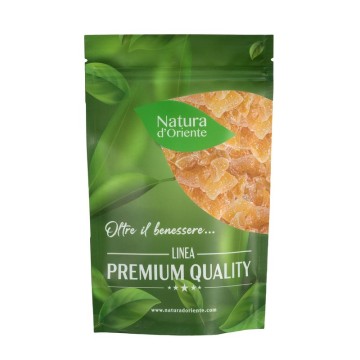Dehydrated lemon
There are many health benefits attributed to dried lemon, as well as fresh lemon juice. This citrus fruit has been known for its properties for millennia, although its perception has changed over time. Let's see how ...
Dried lemon: properties and benefits
If in ancient times it was used as a natural antiseptic and disinfectant for our body, the high value of vitamin C contained in lemons has been known for some centuries.
Lemons are very rich in dietary fiber, which helps digestion together with citric acid, a natural preservative that facilitates our body in digesting food.
This acid helps the intestines to function properly, and is useful in preventing kidney stones as it has a corrective effect on the kidneys.
At the digestive level, in addition to citric acid, the citrates (salts) of lemon are natural acidity regulators. Lemons are known as alkalizers - they can cleanse the stomach walls from acid buildup, reducing heartburn and gastroesophageal reflux. Its acid flavor, also present in the version of dried lemons, derives from citric acid.
Other substances that give lemon particular properties are D-limonene and pinenes, contained in the lemon essential oil and in the peel. D-limonene has long been the subject of research for its anti-inflammatory properties, and as a natural element suitable for the prevention of stomach acid, regulating the production of gastric juices.
Lemon contains a high volume of ascorbic acid, also known as vitamin C, effective in preventing scurvy, and as an antioxidant.
Dehydrated lemon also contains a high volume of phytochemicals of this type, such as lutein and zeaxanthin, naringin, hesperetin and naringenin. Naringenin has been found to have a bio-active effect on human health as an antioxidant, to counteract free radicals. Due to this action, lemon is also considered beneficial for the immune system.
Used for centuries as an anti-inflammatory, lemon is able to defend us from flu and cold attacks, because it lowers the levels of histamine, an organic compound that makes the eyes red and runny. Its antiseptic properties,
In addition to vitamin C, lemons are a source of the vitamin B complex such as folate, pyridoxine and pantothenic acid. In addition, they contain a high amount of minerals such as calcium, iron, copper and potassium (in greater quantities) which support the body in controlling blood pressure and are beneficial for the muscles.
Regularly taking dried lemons can be useful as a snack in a weight loss diet, as they do not have cholesterol or saturated fat.
Origins and History of cultivation
Lemon is a citrus fruit probably originating from the East, between China, Burma and the Indian region of Assam. In any case, the evidence in China dates back to 500 BC. According to other scholars, lemons are believed to have originated in the foothills of the Himalayas and then spread throughout the Middle East, Europe, Africa and even the Americas - via Christopher Columbus.
Perhaps it already spread among the ancient Romans, and in the Middle Ages it reached Persia and Egypt. The term lemon derives from the Persian term līmū used for citrus fruits.
In Europe they were first cultivated in Sicily, in the 10th century, and later in Genoa in the Renaissance period. Regarding Australia, it seems that Captain Cook introduced the fruit in Australia at the end of the eighteenth century.
For many centuries lemons have been used for their antiseptic and fluidifying properties, and in traditional medicines they were also used for their haemostatic, vermifuge and digestive properties. Currently, among the fruits that the earth gives us, lemons are the largest consumer products.
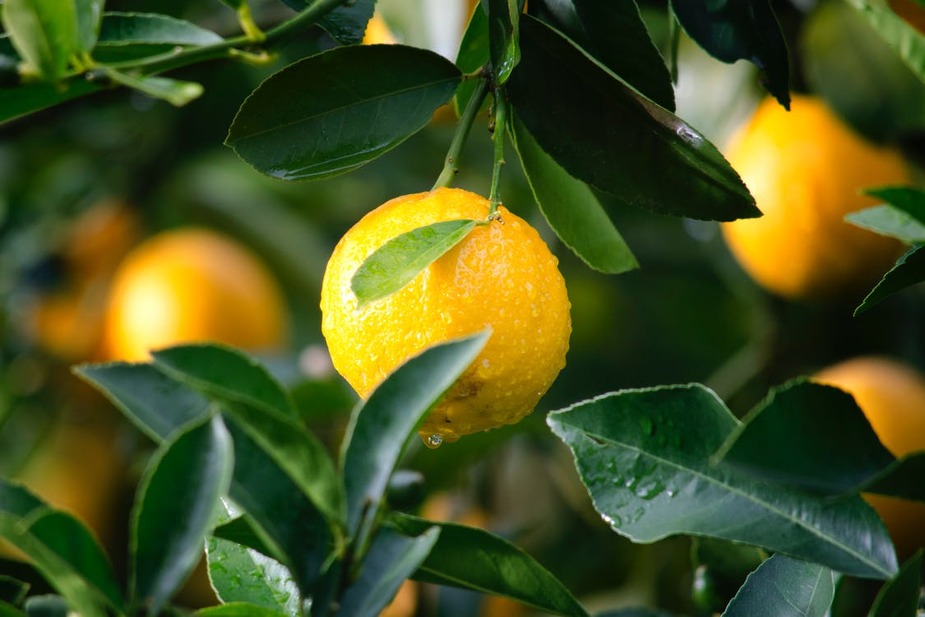
Plant and Fruit
The Lemon plant is Citrus limon, native to Asia, and is part of the Rutaceae botanical family.
Its young leaves are reddish and ripen to green - it's a not very tall evergreen broadleaf. Sometimes you will find sharp thorns on the twigs of the tree.
The fragrant flowers come from reddish buds, and each flower is white on top and slightly purple on the bottom.
The one best known to us is the fruit, the lemon which is oval, with a light yellow to warm yellow color, dotted with sebaceous glands.
Lemon prefers tropical and semi-tropical climates for cultivation, in fact commercial production is more successful inthe subtropical regions of the world. It needs a slightly acidic soil.
Nutritional values of Lemon
Dried lemon is also very rich in nutrients, and low in calories compared to other dried fruit .
This dehydrated fruit contains almost no fat (0.16%), provides minerals, vitamins, fiber (about 2 g / 100 g).
The nutritional properties of Lemon show good levels of vitamin C (about 53 mg / 100 g) and vitamin A (22 IU), folate (11 µg), niacin, good levels of pantothenic acid (about 0.190 mg / 100 g ), pyridoxine (0.080 mg / 100 g), riboflavin (0.020 mg / 100 g), thiamine (0.040 mg / 100 g).
Even in the dehydrated version, Lemon makes available minerals such as potassium (about 138 mg / 100g), calcium (about 26 mg / 100 g), magnesium (about 8 mg / 100 g), phosphorus (about mg / 100 g), copper (about 37 µg / 100 g) and iron (about 0.60 mg / 100 g).
other beneficial substances are the phyto-nutrients of beta-carotene (3 µg / 100 g), crypto-xanthine (20 µg), lutein-zexanthin (11 µg).
How to consume dehydrated lemon in the kitchen or as a snack
Dried lemons are excellent hunger-breaking snacks for their tasty and refreshing taste, or for their shape of dried slices, they are used for decorations and cocktails.
Dried lemons can decorate tops of ice creams, cakes, cupcakes, muffins and other sweet specialties , or sweet and sour if necessary.
For those who love their sour taste, they are added as ingredients in some exotic salads, or sophisticated dishes.
The dehydrated lemon in slices is perfect to be added to yogurt and dried fruit and cereal mixes, tasty for breakfast or as a snack. The dried lemon slices could also be ingredients for energy bars , or to be added as an ingredient to teas and infusions, to protect the body for digestive purposes or against cold symptoms.
Dried lemons: side effects and contraindications
There are no particular contraindications to taking lemon in moderate doses.
However, like other nuts, dried lemons contain sugars, which are not recommended for those with high blood glucose levels and diabetes.
We also advise against the use of excessive doses for those suffering from stomach pain or gastric reflux, and obviously for those with allergies to citrus fruits.
![]()

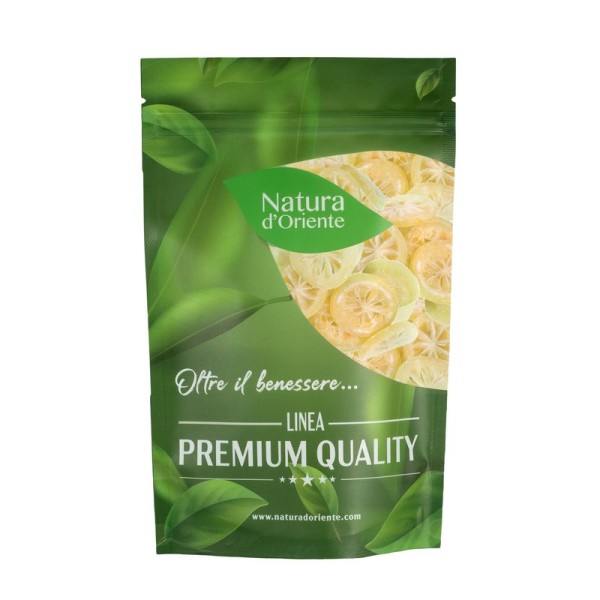









 No reward points for this product.
No reward points for this product.



